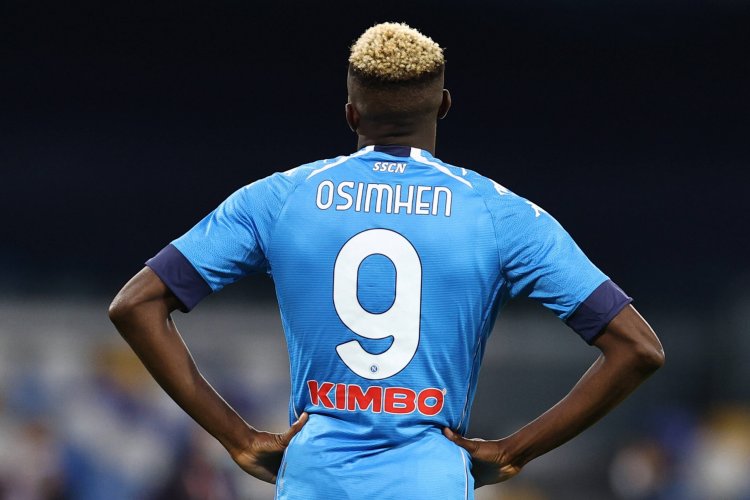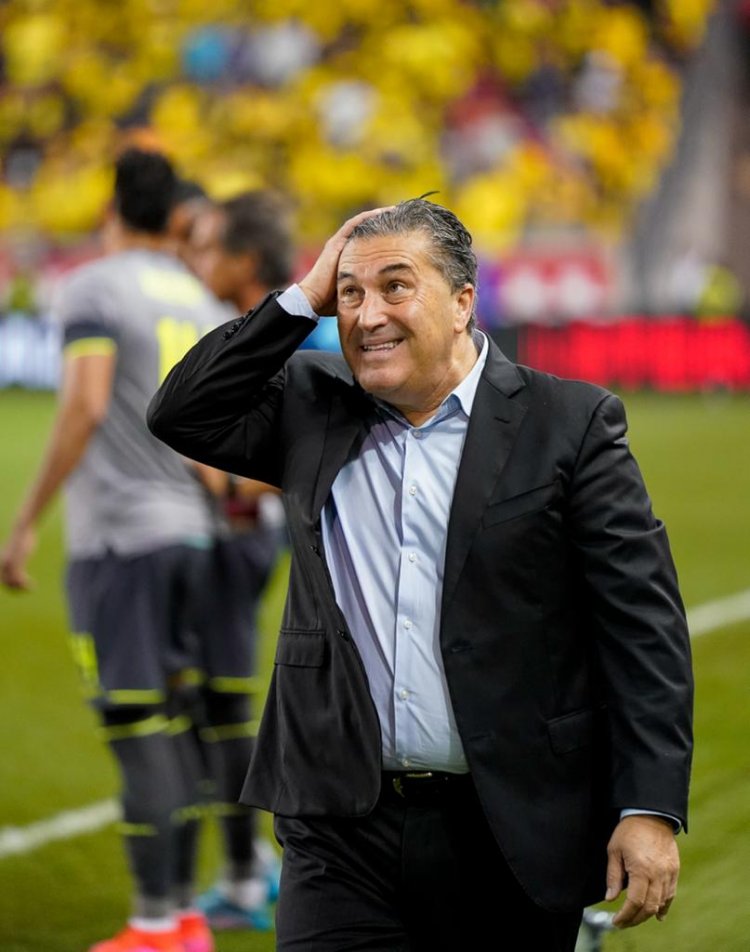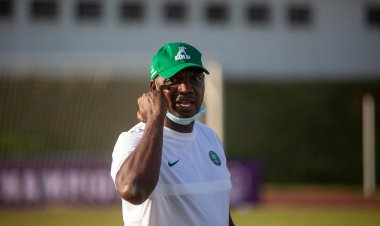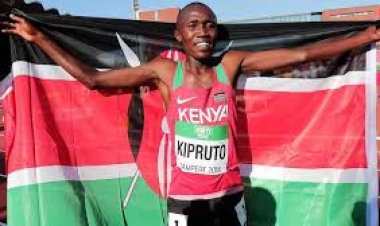Peseiro berates Napoli for Osimhen TikTok saga, talks about working with Galacticos in Madrid

Super Eagles coach Jose Peseiro has described as sad and unacceptable the derogatory TikTok video of Super Eagles striker Victor Osimhen produced by the staff of Napoli the club he plays for.
In an exclusive interview with Sky Sports, Peseiro said “that TikTok video of Osimhen? From the outside is one thing but a video from the club, is

the worst. That cannot happen. He was sad because it is not easy for anyone. He does not understand it. He does not understand why."
Nigeria's head coach knew there would be challenges when he took over the team of a football-obsessed nation of over 200 million people, but he did not expect to be dealing with the fall-out as his star player, Napoli's Osimhen, was inexplicably targeted by his own club.
Perhaps you will have seen the bizarre social media post making fun of Osimhen's penalty miss or the racially-charged one referring to him as a coconut. The man who fired Napoli to their first Serie A title since the days of Diego Maradona was reduced to a punchline.
Peseiro has been to Napoli and seen the other side, the public displays of adoration for Osimhen in a city that has long been a shrine to the cult of Maradona. There are murals of the current centre-forward alongside the former icon. "In the same place."
It is another reason why he is indignant at recent events. "He helps the team to the league and now they are mocking him?" But, having spoken to Osimhen to offer support, his advice is to stay focused and not allow this treatment to impact his ambitions in the game.
"Osimhen is a star. Two years ago, he was not a star. Now, he is a star. And when you are a star, everybody wants more, more, more. The others can do badly but if Osimhen does bad it is different because people demand more from the players who can do more.
"It was a bad thing that Napoli did. Of course, he would prefer they do not do it. But my advice is to stay calm. Do not play against the fans. Do not lose balance. Keep the mentality. Keep the personality. That is what the very best players do. And he can be at the top."
Peseiro, 63, knows about working with the very best. A former second-tier striker in his native Portugal - "I did not play at a high level" - his coaching career took a turn after promotion to the top flight with Nacional. A job offer set him on a different trajectory.
"I was in Brazil scouting players when my old teacher Carlos Queiroz called me. He told me he was going to Real Madrid and wanted me as his assistant." This was 2003, the summer that David Beckham joined the garlanded group that became known as Galacticos.
"I did not decide immediately, I called Jose Mourinho because he was my friend. Remember that he had been an assistant at Barcelona. I asked him what he thought because I was already a head coach. He told me, 'Go. Because you can learn a lot there."
Suddenly, Peseiro was taking sessions with Raul, Roberto Carlos, and Ronaldo, with Zinedine Zidane and Luis Figo. "Until then, I was afraid. Never before had I shared a dressing room with big players. But it was not difficult because they are so smart. It was fantastic."
The experience lasted only one season. "We had 11 good players and then the others." The experiment of blending superstars with academy prospects - and selling the unheralded Claude Makelele - became an example of why great teams beat great individuals.
Peseiro has taken those learnings into a varied career that has seen him lead Sporting to the UEFA Cup final in 2005 before working in Greece and Romania. He has been in charge at Porto and head coach of the Venezuela national team. "You have to adapt," he says.
"The Ajax team of the 1970s are still my main reference, their mobility in attack, their control of the ball. From this, I created my model. But the game has changed a lot. Arrigo Sacchi reduced the pitch to 40 or 50 metres and it reduced the space.
"The challenge is to find that space so players can show their skills, that is what people want to see. But the modern game is a game of transition. That is what decides the best teams because it is easier to train attacking and defensive organisation than the transitions."




















